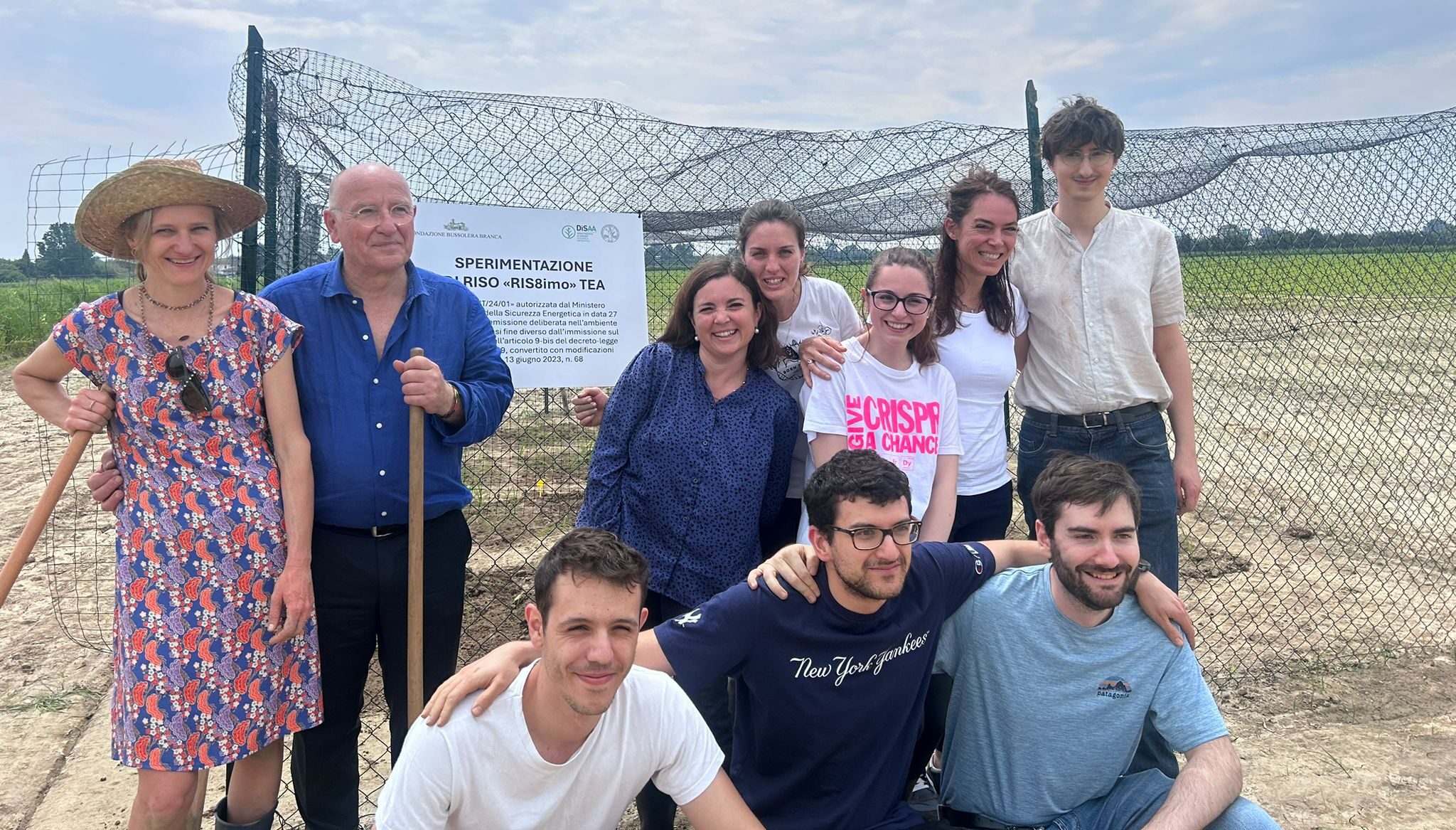Assosementi firmly condemns the destruction of the San Floriano experimental vineyard, where researchers from the University of Verona were conducting field trials on vines developed using new genomic techniques (NGTs).
“This is clearly a vandalism action that affects the 10-year work of a group of scientists and the entire Italian agri-food chain that has just reiterated the urgent need to have access to innovation, through the signing of our Manifesto on TEAs” said Eugenio Tassinari, President of Assosementi in a press release.
(Note: TEA is Tecniche di Evoluzione Assistita [Assisted Evolution Techniques] refers to new genomic techniques [NGTs], such as gene editing).
For vines, TEAs present an opportunity to develop disease-resistant varieties while preserving the unique traits of traditional grape varieties essential for regulatory compliance. These improved varieties could reduce the need for fungal treatments from the current 10–20 applications required for traditional vines to just 2–3, cutting fungicide use by up to 80%.
“The San Floriano episode demonstrates how necessary it is to raise public awareness about the importance of research in the agri-food sector,” Tassinari said. “The dissemination of correct information based on scientific evidence is essential to counter misinformation and unfounded fears that are often the basis of unmotivated challenges. Without the support of civil society and the authorities, progress risks being hampered by prejudices that slow down the development of effective solutions for a more resilient and sustainable future. Investing in scientific dissemination and promoting an informed debate is essential to ensure that research can continue to offer concrete answers to the global challenges facing the agri-food sector,” Tassinari added.
Euroseeds firmly condemns the recent vandalism at the experimental vineyard in San Floriano Valpolicella, where five grapevines developed using NGTs were deliberately destroyed. They stated this act is more than an attack on scientific research — it is a direct attempt to obstruct agricultural innovation at a time when farmers urgently need better solutions to tackle climate and disease challenges.
“This is an unacceptable attack on agricultural progress and the dedicated researchers working to secure a more resilient future for European farming,” Garlich von Essen, Secretary General of Euroseeds, stated.
“We stand firmly with the scientific community and all those striving to bring innovative, sustainable solutions to farmers. Science-based innovation must not be held back by fear or ideology.”
Euroseeds stated its members stand with researchers and farmers, calling for a science-based approach to agricultural innovation and the protection of research efforts that are essential for a sustainable and competitive farming sector.
Tassinari said that Assosementi is open to discussions and exchanges with anyone who wants to deepen the technical and strategic aspects related to Assisted Evolution Techniques.
“We believe that dialogue and knowledge sharing are fundamental tools to dispel false myths and build an agriculture based on solid scientific foundations,” Tassinari concluded.
Seed World Europe has previously reported that on June 21, vandals destroyed Italy’s first open field trial of gene-edited rice in northern Italy. We sat down with Vittoria Brambilla, a plant scientist at the University of Milano, Italy to talk about the first field trial gene-edited plants planted in May 2024 and how the vandalism impacted their research and what’s next. Read our feature story here.
The Manifesto for the Promotion of TEA to Support Made in Italy, promoted by Assosement was signed Jan. 30 at Fieragricola TECH by Coldiretti, Confagricoltura, Cia-Agricoltori Italiani, Copagri, Confcooperative Fedagripesca, Legacoop Agroalimentare, Federchimica Assobiotec, and Cibo per la Mente. Read about the agreement here.












